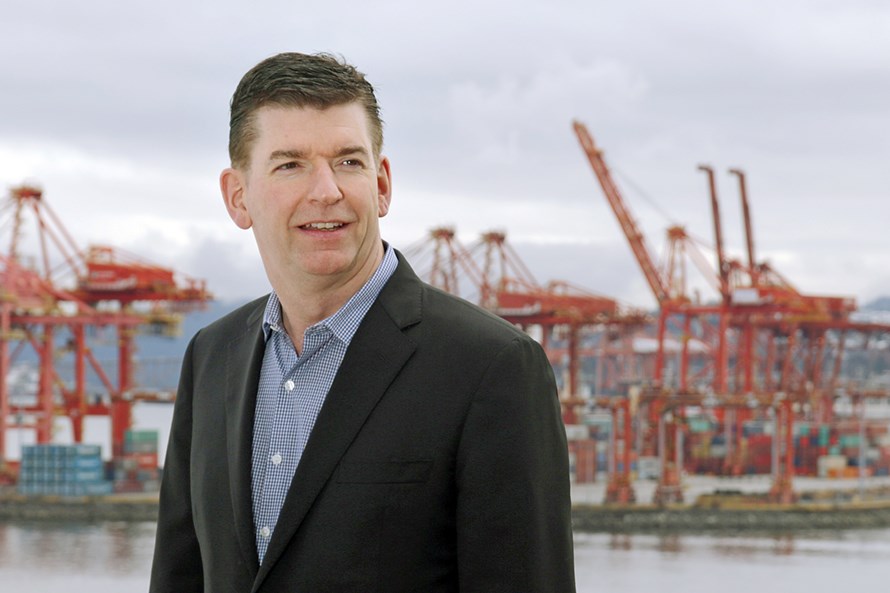Federal Finance Minister Bill Morneau launched a 75-day consultation period in August on several proposed tax changes – including two that are raising particular ire. The consultation period officially ended on Oct. 2, and Moreaus announced the governement will be reviewing feedback received during the process, but has no current plans for a longer feedback period.
One of the controversial proposed changes is aimed at stopping small-business owners from being able to shift a portion of their business’ income to other family members.
That move is called “income sprinkling” and it enables small-business owners to pay less tax because profit is spent as salary to the owner’s stay-at-home spouse or to a university-aged child as a way to take profit out of the business and pay an entry-level tax rate. The alternative would be to pay the profit as added salary to the business owner, who would be at a higher tax rate because he or she already has a decent salary.
The other change is aimed at taxing so-called “passive investment income,” or income that remains within the business, at a similar rate to that which employees pay on their salaries.
That change rubs many small-business owners the wrong way.
“I’m putting money in the business for a rainy day,” explained Faculty Brewing Co. owner Mauricio Lozano.
“I don’t know how my winter is going to be, or how my fall is going to be or what’s going to happen in the future.”
He said that last winter’s persistent snow meant that there were long stretches where few people came to his tasting lounge on Ontario Street.
“Had I not saved in the company some passive income from the previous summer, then how was I going to survive in February? I would have had to have laid off some guys to make sure that I could pay my bills.”
Widespread fear
Greater Vancouver Board of Trade CEO Iain Black sympathizes with Lozano but said that the impact of the changes will be far more widespread than simply causing a bit of hardship for some small-business owners.
Black said that if the proposed changes are implemented there will be a large number of business failures and many situations where potential entrepreneurs become scared to take on the risk of starting a business.
“To suggest that the proposed changes will close tax loopholes that are currently being exploited by a specific profession or two – and do no more than that – is inaccurate,” Black told Business in Vancouver.
“The proposed changes will have far-reaching implications on every man and woman who is either currently running a small business, and employing between five and 20 people, or somebody who is contemplating the same thing.”
Morneau had said that the point of the changes was to “close loopholes” and amend existing rules to ensure that the richest Canadians pay their fair share of taxes and that people in similar circumstances pay similar amounts of tax.
“When you have an economy that works for the middle class, you have a country that works for everyone,” he said.
“Many of the richest Canadians are unfairly exploiting the tax rules designed to help businesses thrive.”
Black said that about 60 per cent of jobs in B.C. are created by small-business owners, and that this percentage is the highest in the country.
“Our aim is to get government to pause,” he said. “The 75-day consultation and trying to jam all these things through in the dog days of summer is not giving everybody a chance to react to what would be profound changes.”
Flawed logic
The current tax situation allows small-business owners who generate up to $500,000 in profit to pay 15 per cent tax on that income. That profit has to stay in the business and is not removed to pay salaries to employees or the owner.
“The deep flaw in [the government’s] logic is that money left in the business, money that is not taken out as income for the business owner or its employees, is being left there for nefarious or tax avoidance reasons,” Black explained.
“That is utterly illogical. The money being left in most small businesses is either used to flatten out cash flows on a month-to-month basis, over the course of a year or years, or it’s being used as a cash reserve that is being built up to invest further back into the business either by hiring more people or by purchasing capital equipment, which in turn drives the economy in other sectors.”



